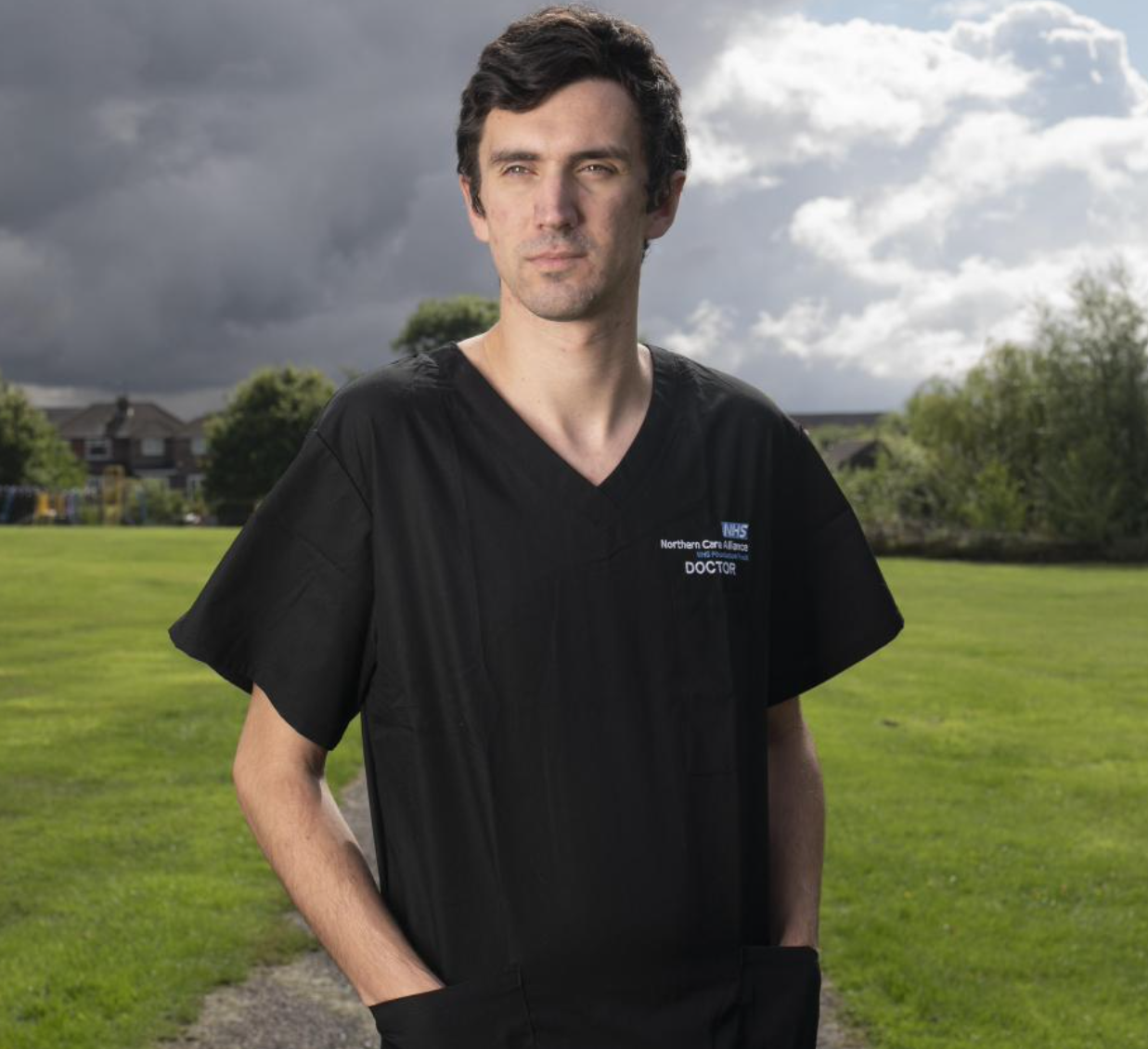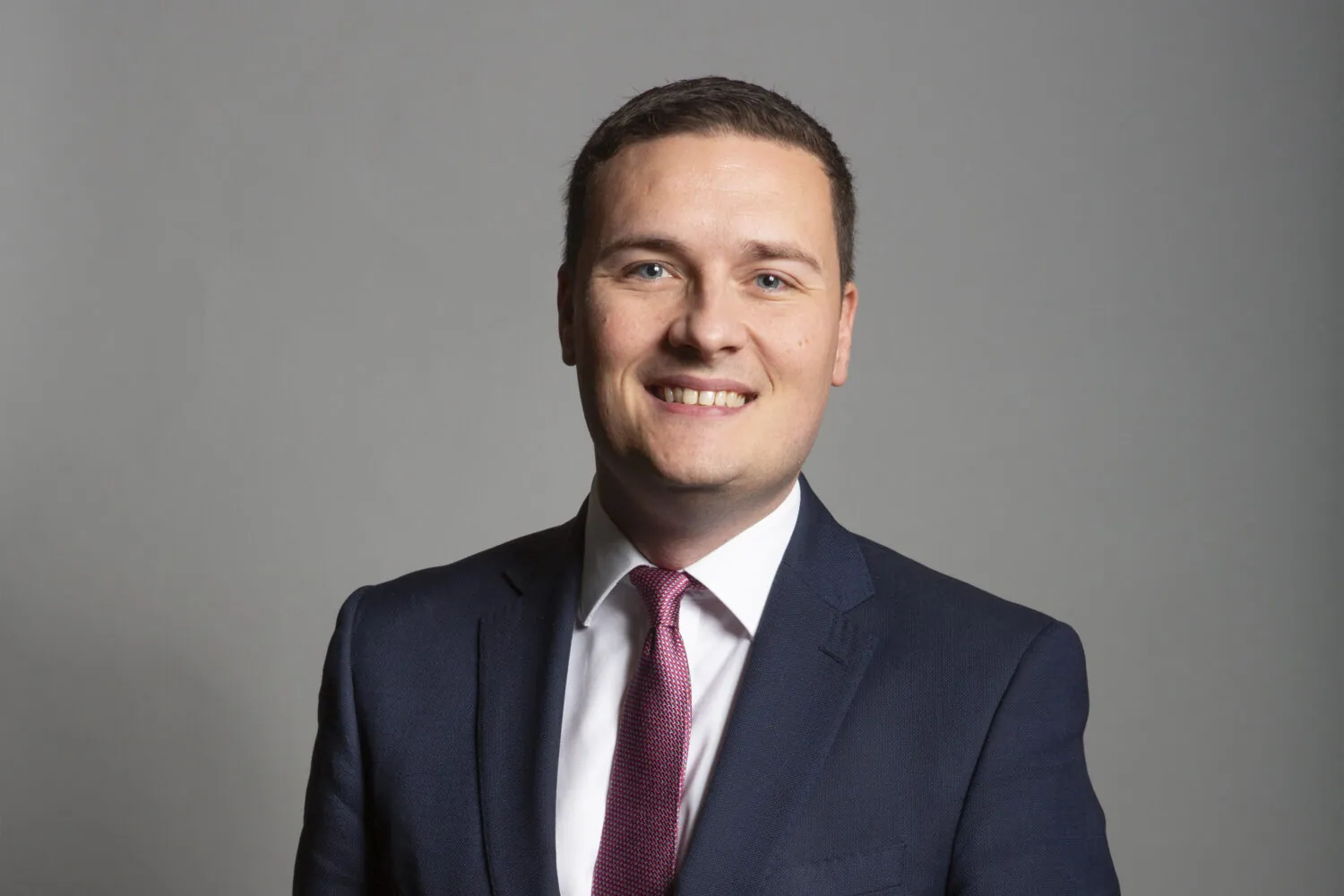
The A&E doctor
8am I arrive for my sixth 12-hour shift in the emergency department this week — and I have already worked 54 hours. Today is a bank holiday, but there is no holiday for us. In fact, on a bank holiday I will be the lowest paid member of staff in the hospital. This isn’t overtime or a busy week, it is standard for a junior doctor.
As I walk through the door the consultant asks me to attend the resuscitation bays — there is a cardiac arrest en route and we have six minutes to prepare. Doctors and nurses gather equipment for what could be anywhere from a few minutes’ to a few hours’ work.
Paramedics enter and hand over. Tragically the 52-year-old father of two has been in arrest for more than an hour. It takes just a few minutes to confirm his passing. The consultant takes me to speak with the family and the corridor is filled with agonised screams.
There is no time to recuperate and let the trauma settle. There are already 79 patients in the department — well over capacity — with some waiting eight hours overnight. Our 12 monitored cubicles are full and the corridors are packed beyond capacity. There are seven or eight ambulances waiting, with some crews there for hours.
By the time my shift ends, I have seen close to 10 patients, on average one an hour. In that time, as a team, we have seen more than 10 times that but there are now 80 patients in the department.
The pace is relentless; the strain upon doctors never greater. Not only are traumatic experiences ever present, but they are now accompanied a fear of mistakes and constant agonising over decisions made under pressure.
On days like these I wonder whether the hard work is worth it. I am underpaid, and working endless nights and weekends takes its toll on relationships. Missed weddings, missed first steps of my 14-month-old daughter.
Read the full article in The Times
listen to Matt speak to Times Radio here





